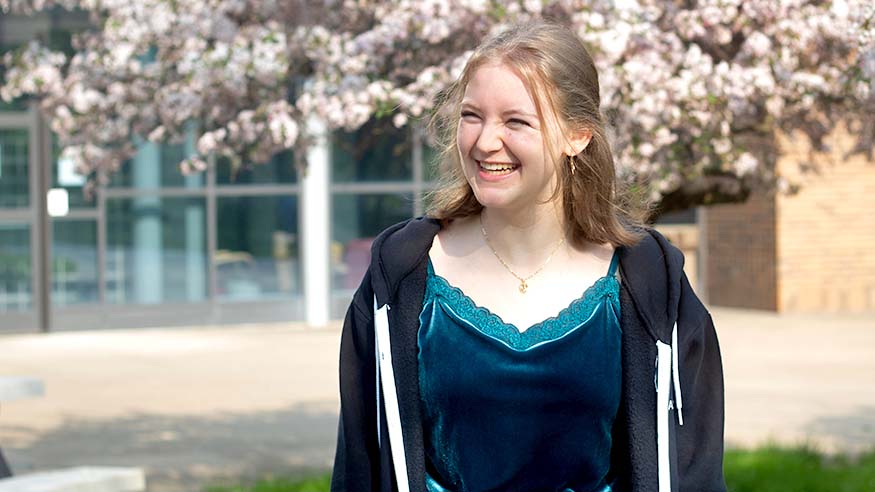
Physics scholarship winner loves figuring out how things work
Junior Amanda Gravelle has been awarded a $5,000 Rossing Physics Scholarship. She is one of only 14 exemplary physics students nationwide to receive the award.
If an Augustana liberal arts education makes you a good problem-solver (it does), then your physics major means you can solve problems with an even greater understanding of how the universe works.
Physics at Augustana can take you in many directions, depending on your curiosities: thermodynamics, mechanics, astrophysics, electricity and magnetism, and quantum physics.
You can major or minor in physics or major in teaching physics in the secondary schools. The full-time physics faculty all hold a Ph.D., and teach all laboratory sessions as well as courses.
If you are interested in combining the applied side of physics and engineering, you can choose a major in engineering physics with a chemical, electrical or mechanical track.
Many physics grads pursue technology careers, while others enter graduate programs in physics, engineering, medicine or education. All benefit from an undergraduate education that pairs them with supportive faculty mentors in research and experimental projects, and novel exploration in engineering design.
• Physics labs in the Hanson Hall of Science include two labs for basic physics, and labs for optics and modern physics, electronics and acoustics, engineering, scanning electron microscopy and an instruments lab. Two research labs are dedicated to non-linear optics and nuclear physics. Students of astrophysics also use the John Deere Planetarium and Carl Gamble Observatory on campus.
• We have a 100% job placement rate for teaching physics in high school for teaching physics majors for the last five years. Plus, Augustana's new POST scholarship program supports teaching physics majors who plan to teach in high-need school districts.
• Our student-led mentoring program pairs first- and second-year students with junior and senior majors. Seniors are paired with an alumni mentor so they are ready to take the next step, whether that’s a job or graduate school.
• Augustana’s many study-abroad options include the spring physics and German course, Science in Society: Switzerland and Germany. Traveling together with professors, students explore some of the most important European sites for technology, innovation, physics and engineering, many using their $2,000 with Augie Choice for travel expenses.
• The award-winning Augustana Physics and Engineering Society (APES) is a fun, engaged group of students focused on developing a sense of community through presentations, outreach to area schools and discussions on modern science.
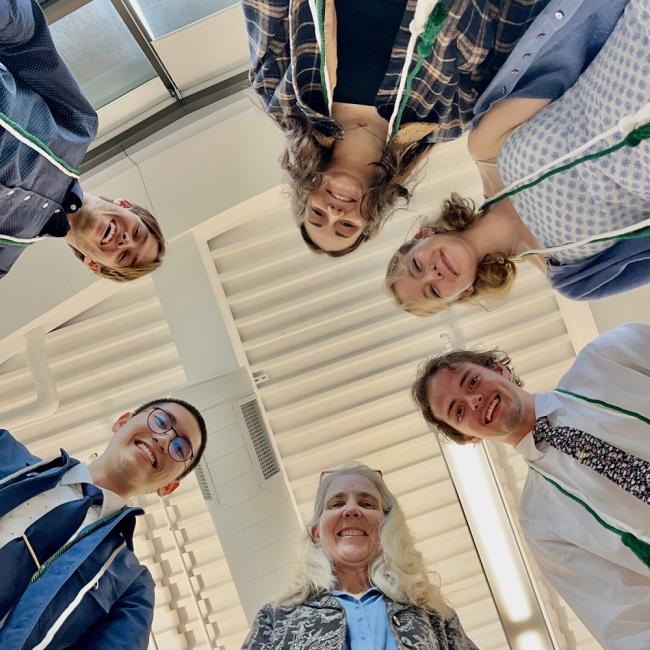
Sigma Pi Sigma, the physics honor society. Pictured (clockwise from top): Isabelle Sansom '24, Amanda Gravelle '24, Rukkus Hunkins '24, Prof. Cecilia Vogel, Viet Bui '24 and Carson Ghys '24.
Georgia Votta '21 is pursuing a Ph.D. in physics at Michigan State University.
Kristian Mrazek '21 is a PEGA System architect at Revature in Reston, Va.
Liam Russell '21 is pursuing a Ph.D. in molecular and cellular biophysics at the University of Denver.
Alyssa Klahn '20 teaches physics at Geneva (Ill.) High School.
John McDonaugh '20 is pursuing a Ph.D. in physics at the University of Notre Dame.
Ellie Mark Sharp '20 is in the Ph.D. chemistry program at Loyola University.
Robert Holmquist '17 is a data analyst with divvyDOSE pharmacy in Moline, Ill.
Abdul Rahman Merhi '15 is a mechanical EIT (engineer in training) at Prism Engineering in Burnaby, British Columbia, Canada.
Natalie Viscariello '14 is a resident at the University of Washington Department of Radiation Oncology in Seattle, Wash.

Junior Amanda Gravelle has been awarded a $5,000 Rossing Physics Scholarship. She is one of only 14 exemplary physics students nationwide to receive the award.
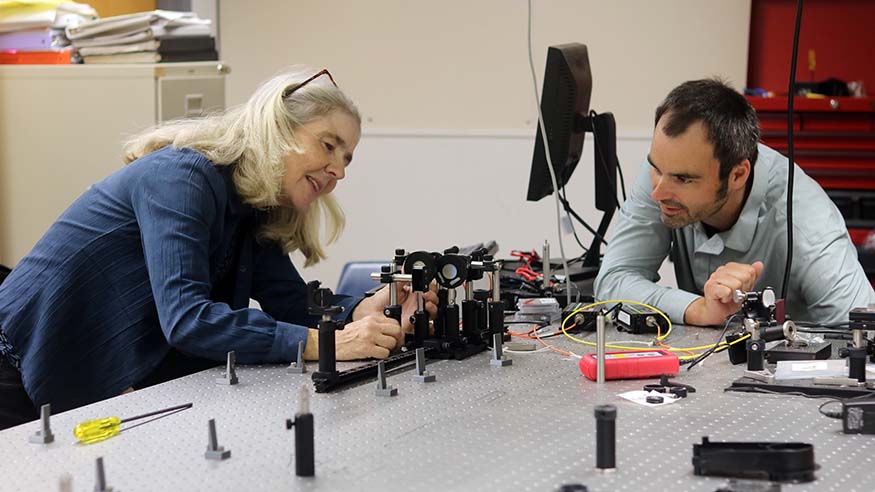
Augustana physics faculty are finding ways to involve students in quantum research and discovery, while moving ahead with their own research.
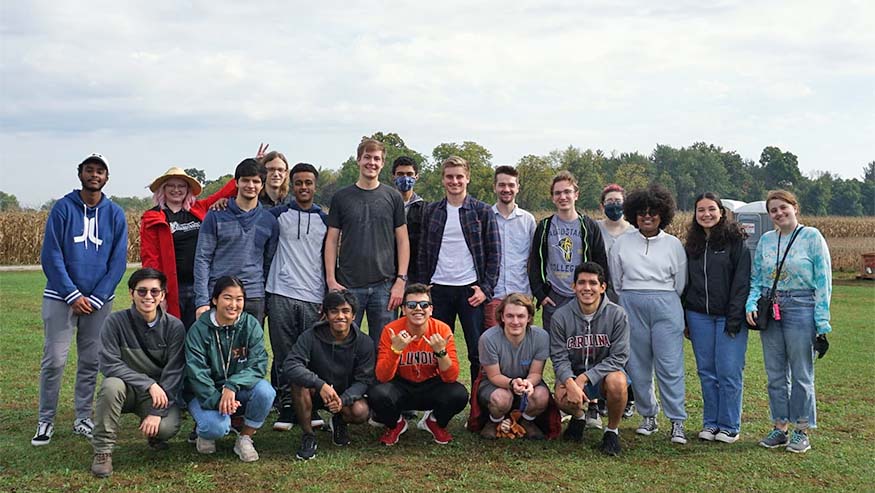
An Augustana College mentoring program that partners junior and senior STEM majors with younger classmates from underrepresented groups has won a national award.
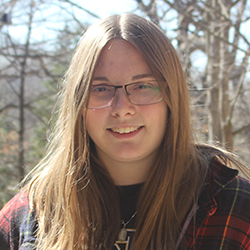
“So many people helped me get to where I am now. However, the geology and physics faculty were the most influential.”Read More
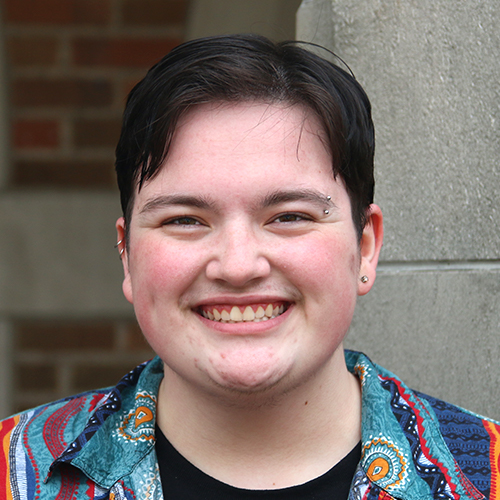
“All the awesome experiences I was given in the physics department helped me build a strong résumé that got me into multiple grad schools.”Read More
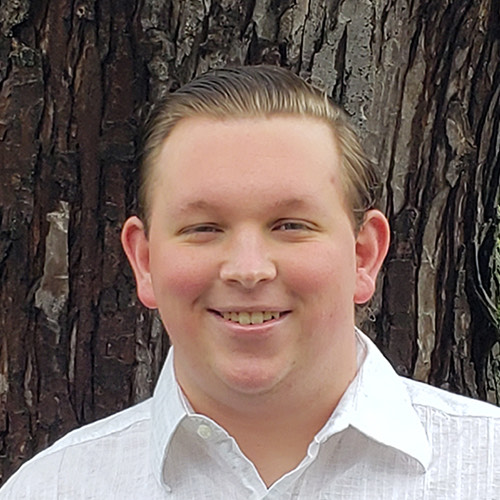
“One of the best experiences I had was presenting my physics research from Augie at a national conference.”Read More